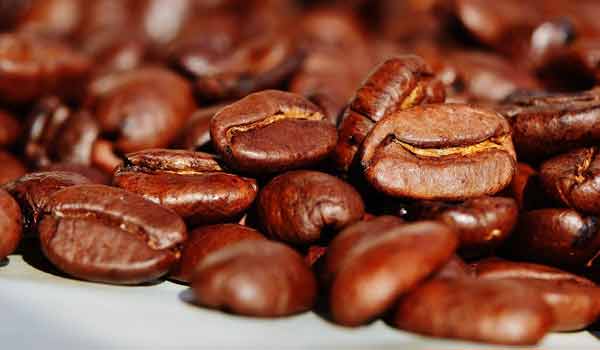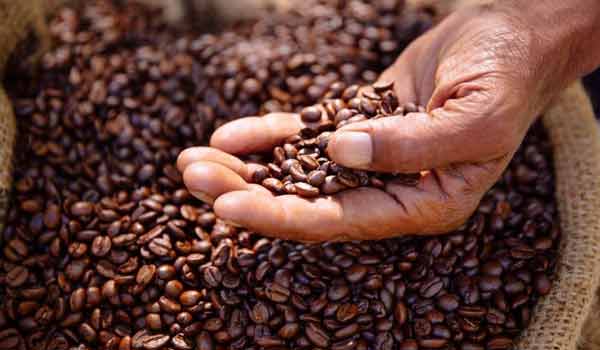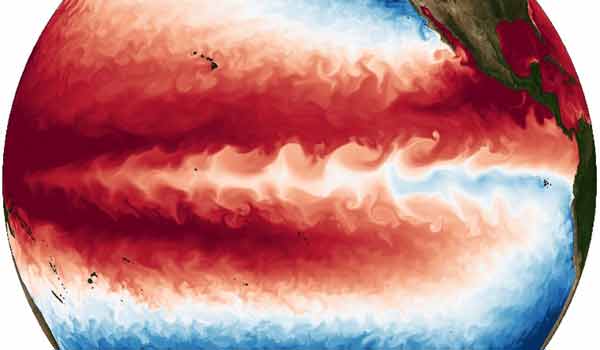The future of coffee is at risk due to climate change
Climate change is having a significant impact on the agricultural sector, including coffee. Among the biggest challenges are greenhouse gas emissions from livestock farming and pesticide use, which can compromise agricultural biodiversity and soil health. The need for sustainable agricultural practices has never been more urgent.
Agriculture is a major source of livelihood, especially in the tropical regions where Arabica coffee is grown. Many small-scale, independent farmers depend on this crop, and with rising temperatures and changes in rainfall, their work is becoming increasingly difficult. Global policies are starting to recognize the importance of sustainable agriculture to mitigate the effects of climate, but it is clear that concrete actions are needed to support these communities.

Challenges and uncertainties
The challenges related to climate change are significant, but they must not become a reason for inaction. Although some scientists suggest that natural cycles can partially compensate for rising temperatures, most experts agree that we have passed the point of sustainability of the earth’s resources. In particular, coffee producing regions, such as Latin America and East Africa, are considered high risk and must prepare for increasingly uncertain climate scenarios, such as frequent droughts and floods, which could drastically alter the optimal growing conditions of crops.
In such a dramatic context, coffee producing areas risk disappearing by 50% of the total by 2050.
A significant example of the climate effects on coffee cultivation is the El Niño phenomenon, which can drastically change weather conditions in key areas such as Colombia. During El Niño, these regions can experience a significant reduction in rainfall and an increase in temperatures, leading to lower crop yields and negatively affecting the quality of Arabica coffee. The beans, under these conditions, may present defects such as reduced size, dark color and altered consistency, thus compromising the entire production and reducing the availability of high-quality coffee on the global market.

Quality and yields
Despite the uncertainty about how each region will be affected, some trends are already evident: rising global temperatures accelerate coffee ripening, reducing the time needed for harvesting and negatively impacting the quality of the beans. If temperatures were to rise by 3 degrees by the end of the century, many areas now suitable for growing Arabica coffee could become unsuitable, forcing farmers to move to higher altitudes. However, at these altitudes, competition with other crops for land use could make growing coffee more difficult and less profitable.
In addition to temperatures, the increase in pests and diseases is another growing concern. Coffee rust, for example, has been shown to drastically reduce production, destroying entire plantations in a short time. Other coffee pests, such as the coffee berry borer, find the warmer conditions an ideal environment to proliferate, thus increasing production costs due to the need for more rigorous controls and treatments. Consequently, climate resistance becomes a key priority for growers, who must adopt new strategies and technologies to defend their crops from these environmental changes and ensure the sustainability of future production.

Sustainable solutions and practices
To prepare for the potential impacts of climate change, coffee growers are exploring different sustainable cultivation and sustainable agricultural practices. Among the most effective measures are mapping the areas most vulnerable to climate change and pests, as well as introducing more resistant varieties such as those that combine the characteristics of Robusta coffee with those of Arabica.
Other strategies include the use of shade management systems to reduce evapotranspiration and maintain a more stable temperature, as well as the implementation of irrigation infrastructure in areas affected by drought. In addition, agricultural biodiversity and genetic selection play a crucial role in ensuring that crops can better adapt to new climate conditions. The goal is to create a more resilient ecosystem, which protects not only coffee plants but also the livelihoods of the communities that depend on them.
Climate change is a significant challenge, but with a proactive approach and the adoption of sustainable practices adopted by international brands such as Lavazza, the future of coffee could still be relatively prosperous. In fact, Caffè Lavazza is the promoter of the initiative Coffee & Climate for the promotion of more sustainable coffee cultivation.


Visita il nostro e-shop e scopri tanti prodotti a prezzi vantaggiosi!